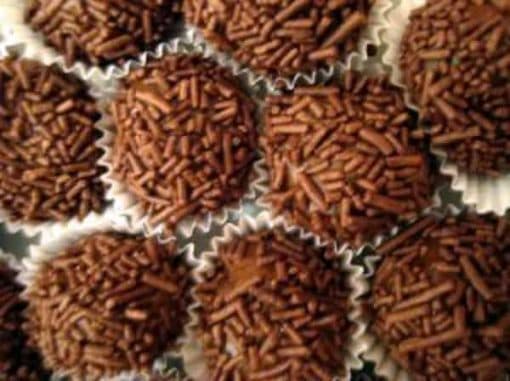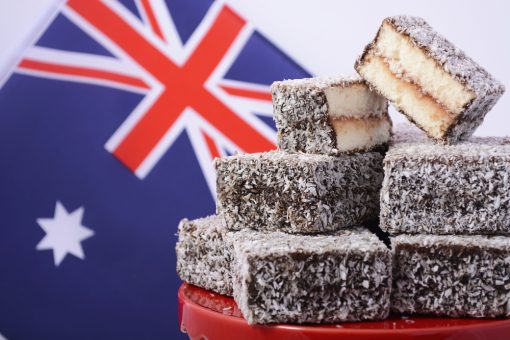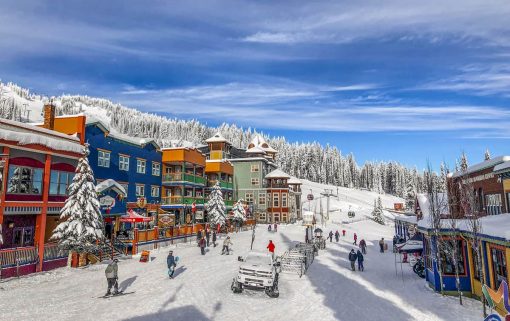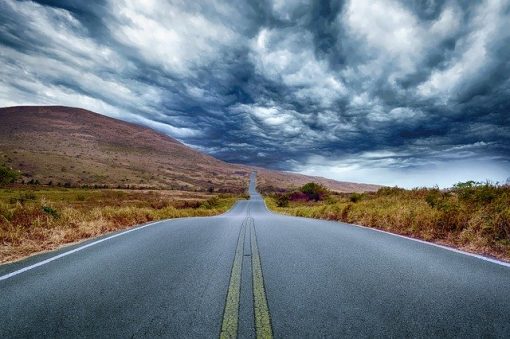Most migrant stories tell tales of people flooding the big cities of “the North”. So when I got an email from Jenny sent from Zanzibar, Tanzania I knew how precious this unique window into life abroad would be. She is an awesome photographer too, so don’t forget to check her pictures in flickr.
We haven’t had running water for a while now. The rainy season ended shortly after we arrived, and with it came an empty well. Our ‘well’ is actually a large concrete box that sits above ground in our backyard. When it gets below a certain point, the pump won’t run and we can’t even get water out of the tap on the side of the box. We’ve gotten used to having to climb on top of the box and lower buckets down, and then pull them back up using our laundry line. It’s hard work, and the buckets come up full of bugs and floating debris. I try not to look too closely at it when I make myself a cup of Tanzanian coffee or during the ‘bird baths’ that I take with the bucket several times a day.
We were invited to a traditional Muslim wedding last weekend and it’s something that I’ll never forget. Men and women were separated. The women, dressed in beautifully multicoloured kangas, sat in ‘dining hall’ style, facing each other on mats outside. We were served communal bowls of pilau, zanzibari style rice mixed with meat, potato and spices. Everyone ate with their right hand only, as the left hand is traditionally used for ‘personal business’.
People walk and even run in their bare feet. It’s rare to see a child in our neighbourhood wearing shoes. Both women and men carry large loads balanced on their heads. Bundles of wood, buckets of water, food.
The music here is amazing. They call it ‘bongo flava’ and zanzibari people really know how to dance. I’ve never seen people move their bodies like this before. Surprisingly, people here also like western pop music, we hear a lot of Shania Twain and Shakira in our neighbourhood. We got to hear some traditional muslim music last week at the opening of the Zanzibar film festival. Young boys sat in a row in front and danced as if they were in a trance, their bodies moving like they were one person.
The road we live on is made of dirt. It’s covered in potholes and littered with garbage. At night, there are no lights and you can see millions of stars. Without a flashlight, we must look drunk, stumbling up and down and bumping into each other. There are no dumps. Everyone piles their garbage on their lawn and a few times a week, it’s burned.
People are very friendly here. Everyone we pass greets us, sometimes using four or five different greetings. Mambo-poa! Shikamoo-Marahaba! Habari-nzuri! Some English words are used as greetings too, but I refuse to use some of them because they just feel cheesy. (“Fresh!”)
Despite the challenges, and the things I don’t understand, I’ve come to love it. I love the peaceful, relaxed atmosphere of our community. A common greeting on the street is salama, which means peace. I love the stars at night. I love the little children at the youth centre, with their big smiles and bright eyes. I love riding in the back of open dala dalas, with the wind blowing and everyone laughing. I love our big morning breakfasts, our morning runs, even the guys who run the local duka.
Thanks Jenny. Sometimes it’s easy to forget that there is more world out there, beyond the city limits. Life may seem absolutely chaotic, but it is remarkably inspiring.



